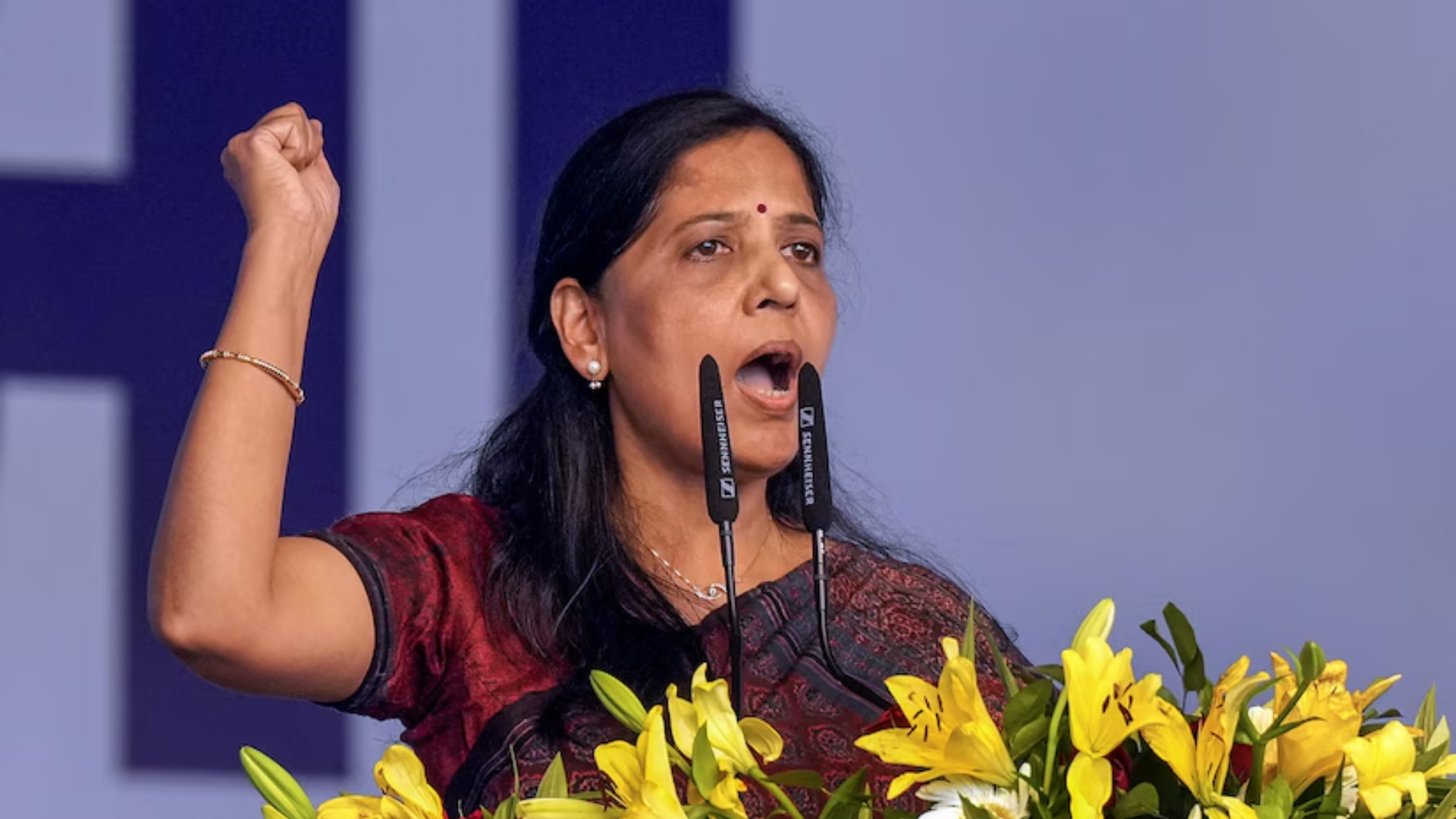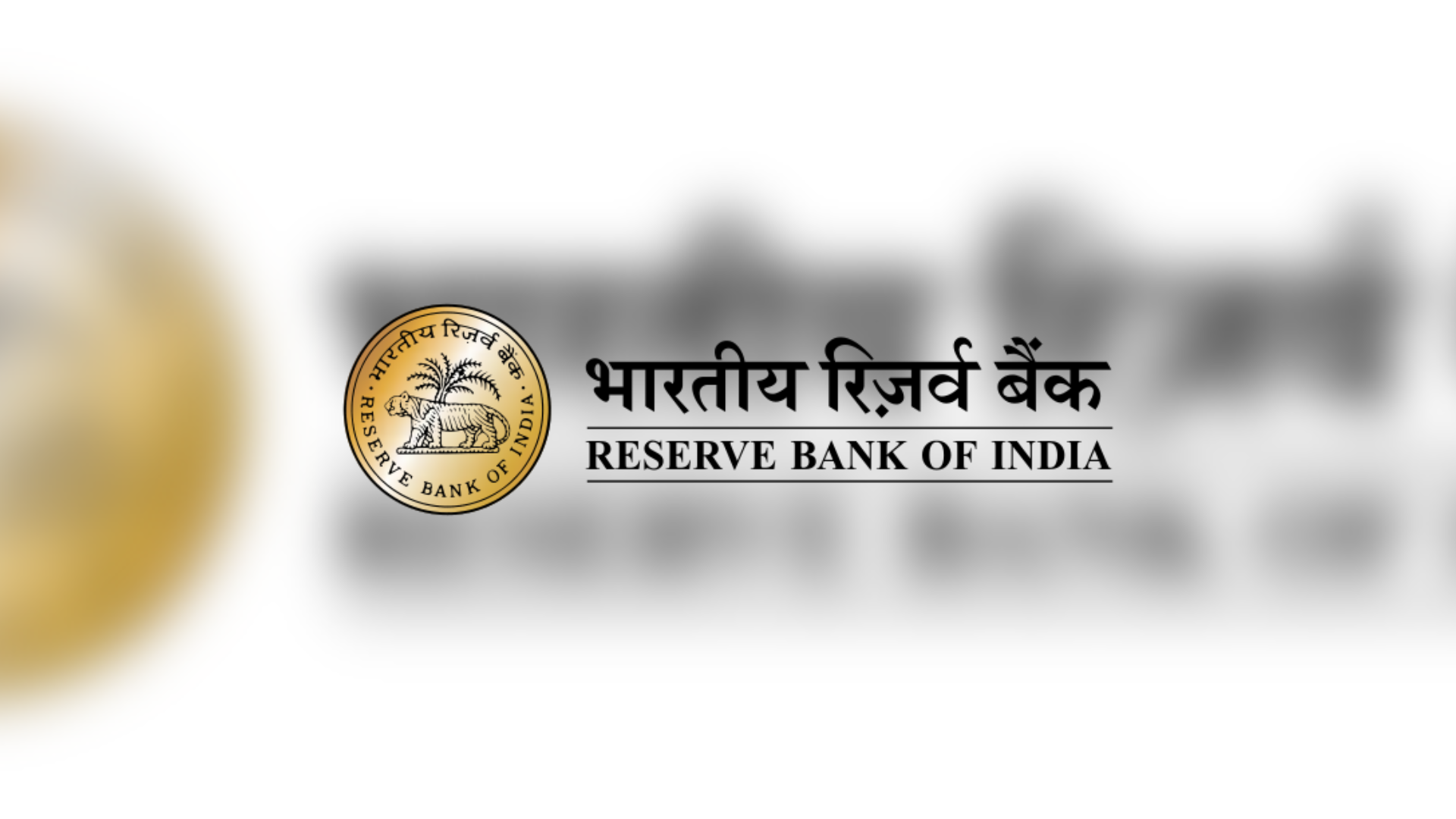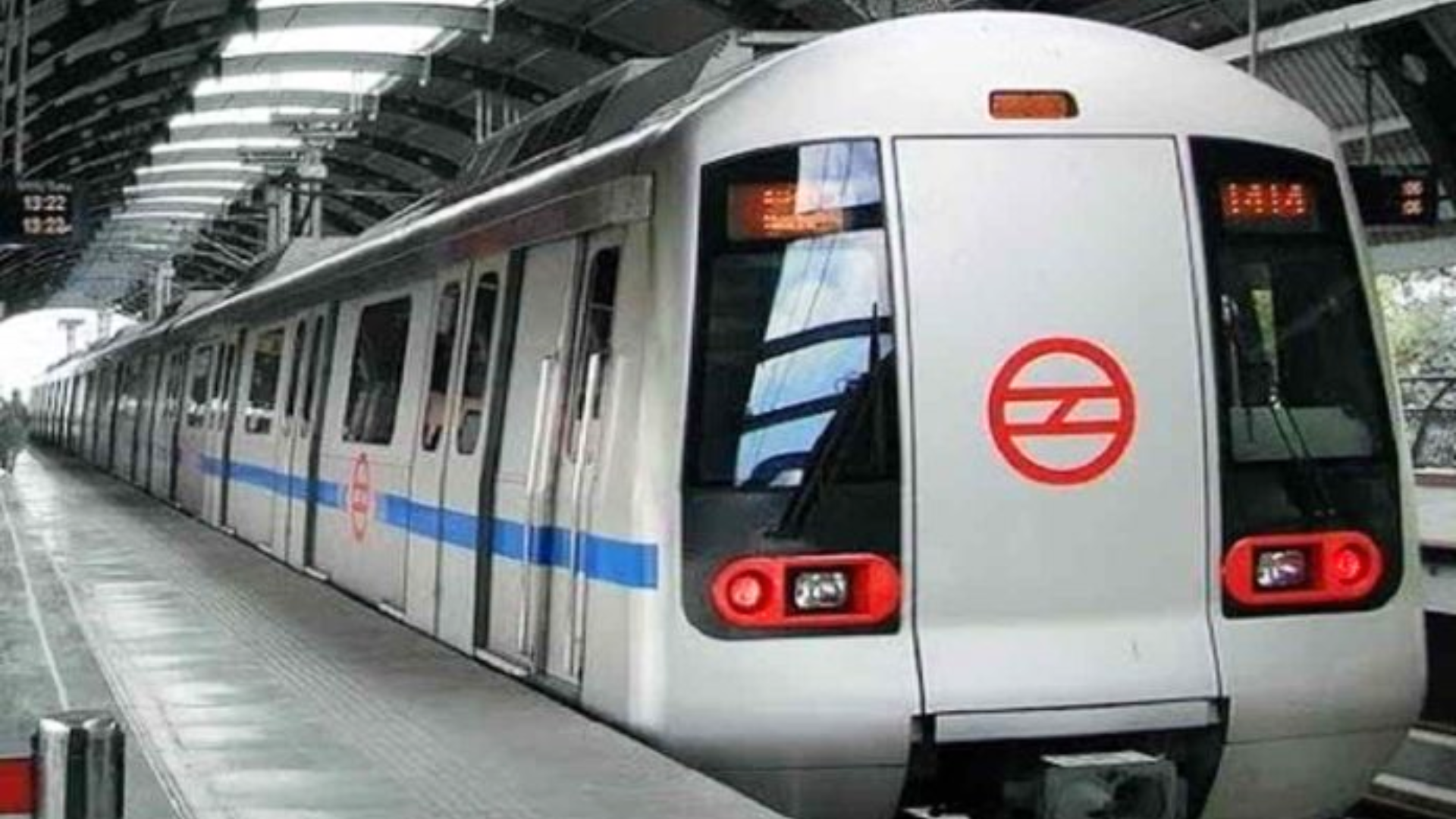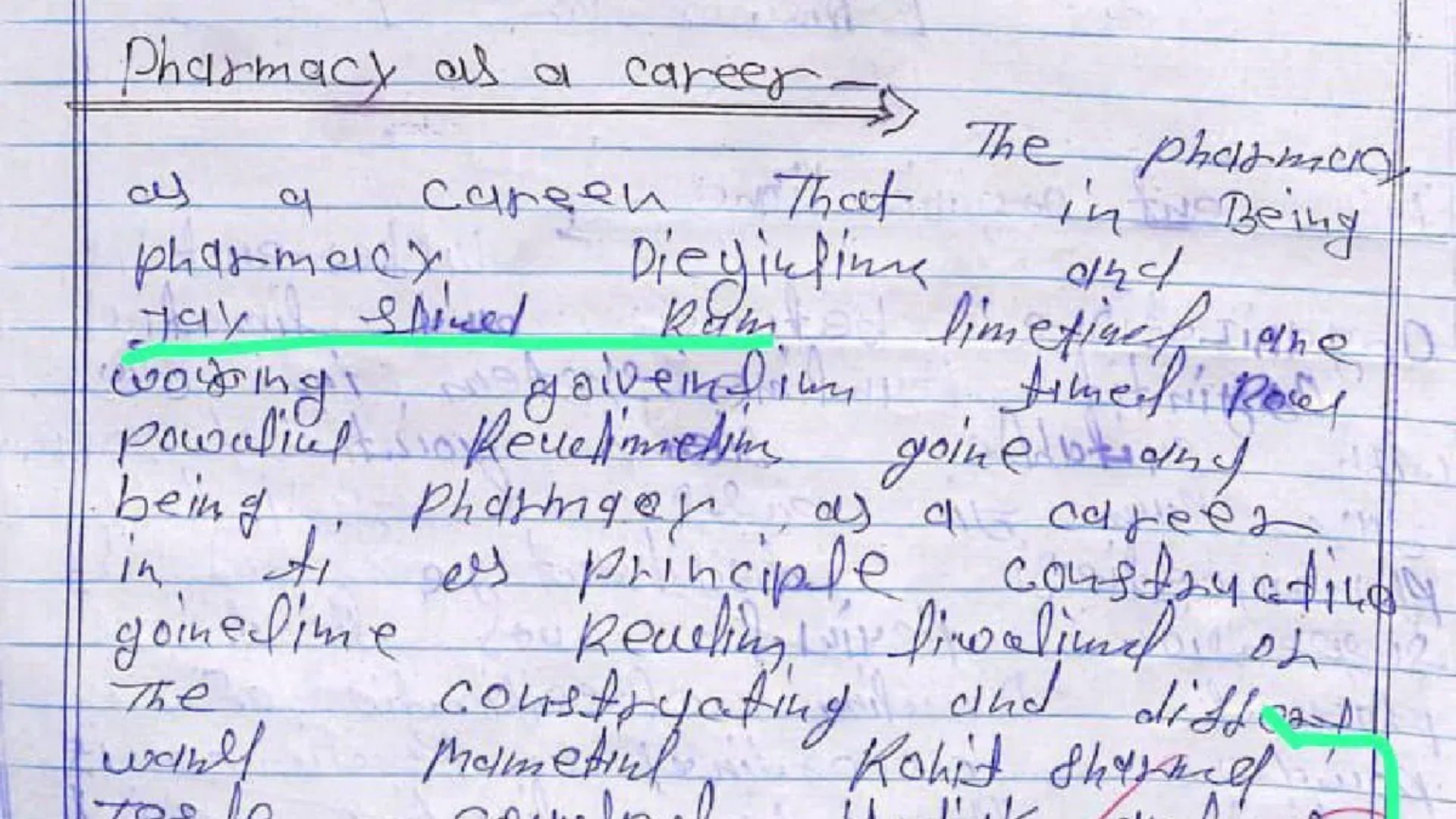










On March 13, Wednesday, the Union Cabinet approved the development of two additional Delhi Metro routes. These routes will link Lajpat Nagar to G Block in Saket and Inderlok to Indraprastha, spanning a total length of approximately 20 kilometres.
According to reports, nearly 2.5 lakh commuters are expected to benefit from these new routes. The announcement comes shortly before the Lok Sabha election dates are announced. The total cost of the metro project is estimated to be around Rs 8,400 crore.
Cabinet approves two corridors-Lajpat Nagar to Saket G-Block and Inderlok to Indraprastha, of Delhi Metro Phase-IV projects at a total project cost of Rs 8,399 crore https://t.co/rbDcbqjbv2 pic.twitter.com/uDObK9EKsq
— ANI (@ANI) March 13, 2024
The Inderlok – Indraprastha route will extend the existing Green Line and offer connectivity with the Red, Yellow, Airport Line, Magenta, Violet, and Blue Lines. Meanwhile, the Lajpat Nagar – Saket G Block route will link the Silver, Magenta, Pink, and Violet Lines.
The Lajpat Nagar – Saket G Block route will be entirely elevated and will feature eight stations. On the other hand, the Inderlok – Indraprastha route will comprise 11.349 kilometres of underground lines and 1.028 kilometres of elevated lines, accommodating 10 stations.
The Inderlok – Indraprastha Line will improve connectivity to the Bahadurgarh region of Haryana, allowing commuters from these areas to access Indraprastha and other parts of central and east Delhi via the Green Line.
Eight new interchange stations will be established along these routes at Inderlok, Nabi Karim, New Delhi, Delhi Gate, Indraprastha, Lajpat Nagar, Chirag Dilli, and Saket G Block. These stations will significantly enhance connectivity among all operational lines of the Delhi Metro network.
The Delhi Metro is already working on expanding its network by 65 kilometres as part of its fourth phase of expansion. The completion of these new routes is anticipated by March 2026, with construction taking place in stages. Currently, the DMRC operates a network spanning 391 kilometers and comprising 286 stations.









